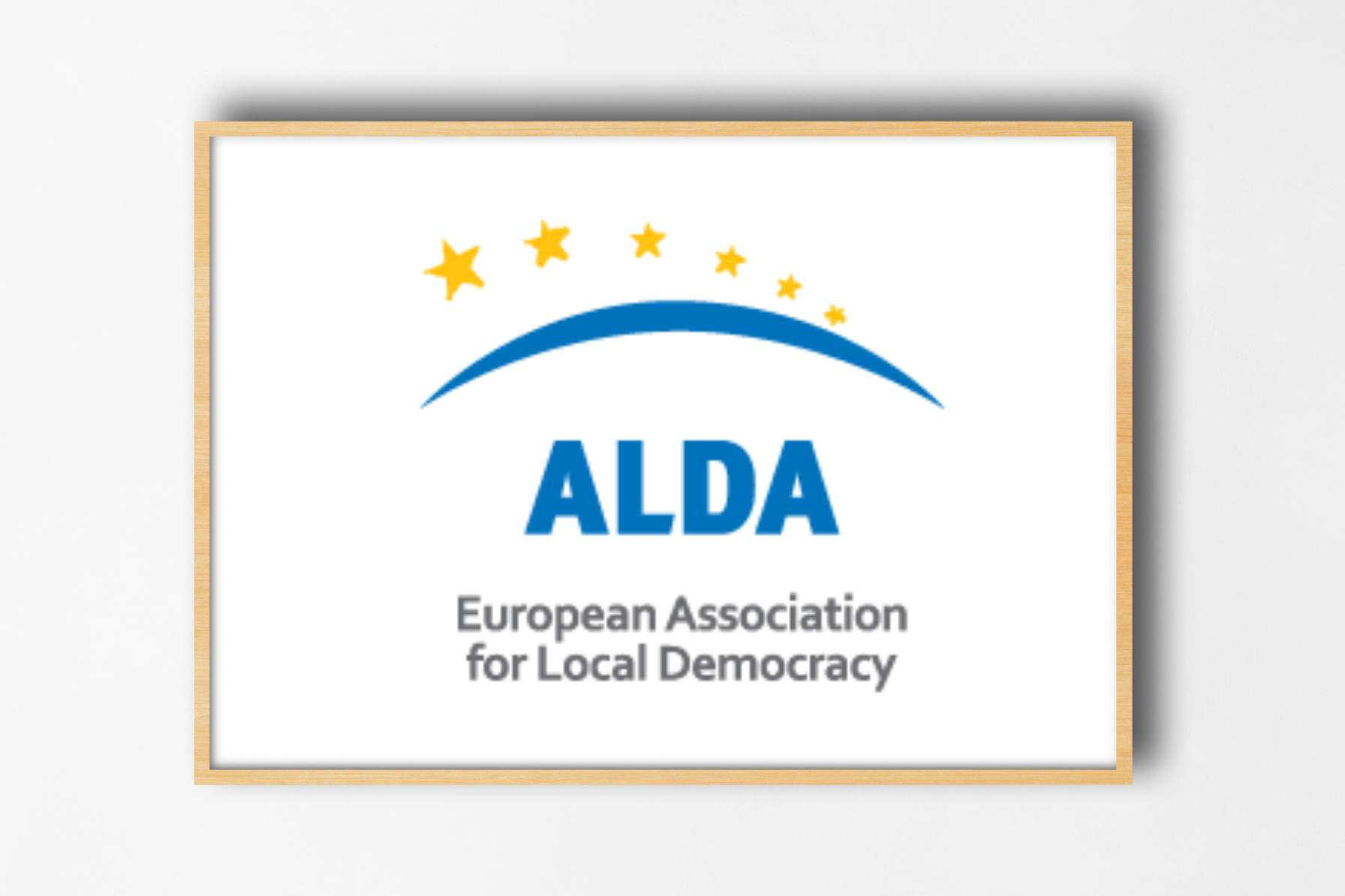A conference on „EU integration, a dialogue for the future“, launch event for the one year long project: The European and Our Affairs“ took place in Zavidovici, Town Hall, on 10 October 2012.
The Conference gathered forty representatives of local governments, local/regional development agencies, NGO-s and youth groups.
ALDA, in cooperation with LDA Zavidovici, last September started the implementation of this project, funded by the European Union, as a part of IPA 2011 – Information and Communication Programme.
The project will be implemented in Zenica region, and local communities Zavidovici and Zepce aimed to help raise citizens’ awareness on EU enlargement and pre-accession assistance with particular emphasis on the role of local self-goverments and civil society in the reform process.
The overall project activities and objectives were presented by Stanka Parac Damjanovic, ALDA Regional Programme Coordinator and Sladjan Ilic, Delegate of LDA Zavidovici who were jointly moderating the sessions.
The conference participants were greeted by the mayors of Zavidovici and Zepce, Mr. Hakija Osmic and Mr. Mato Zovko, while the guest speakers were the representatives of the EU Integration Office Bosnia and Herzegovina: Ms. Sandra Memisevic, Project Coordinator in the Unit for EU integration strategy and Ms. Nermina Saracevic, Project Coordinator in the Unit for EU Assistance coordination. They presented the key activities of the EU Integration Office and its role in EU integration strategy planning in different public policy areas. Ms. Saracevic emphasised the need for improved co-operation and co-ordination between different tiers of government in BH with particular focus on local government units lacking both information and adequate administrative capacity for collaborative and partnership based EU project development. Lack of knowledge of advantages of EU accession among the policy and decision makers as well as insufficient general public awareness in local communities about the benefits of EU membership still and to large extent hampers the pace of embracing of the EU standards and values.
Experiences of good practice in local partnership building for collaborative project development were presented by Ms. Branka Janko from Development Agency and Ms. Mira Jovic, from the Association of entrepreneurs in Zepce. They both reiterated the need for more proactive approach of the local stakeholders in public policy development and implementation so as to contribute more effectively to greater involvement of different sections of local community. Developing the administrative capacity of both civil society and public sector at this stage is more than relevant for any foreseeable progress that BH would make on the way to furthering the EU integration.
Ms. Slavica Draskovic, TACSO Resident Advisor in Bosnia and Herzegovina presented the technical assistance programme aimed to help strengthen CSO capacities with specific view to local NGO-s and their issue based networks. She also invited the representatives of local NGO-s to approach TACSO for any support they might need in implementing their activities since the range of capacity building and training seminars offered suit their needs.
During the debate, a number of participants expressed their doubts as regards the progress of BH on the way to further EU integration considering the criteria that have not been fulfilled so far. There were also remarks and comments that there are no guarantees that some new criteria for EU integration will be imposed. However, most of the participants expressed their concern that the complex government structure in the country often leaves (out) the local tier of government without adequate knowledge, competencies and skills for engaging more actively in the European integration affairs. This is why, CSO initiatives may become a valuable tool for promoting both the European and local affairs thus contributing to reduce the gap between them.
The next activity in Zavidovici is scheduled for mid November 2012– The training seminar for cross-sectoral partnership building and EU project cycle management skills.
The project activities include capacity building, public promotion campaigns, knowledge share involving diverse sections of local society, while the local policy/decision makers, business sector, NGO-s, local media and young people are among our priority target groups. The proposed contents and expertise engaged serve both as a learning opportunity for the actors involved, but also to help bust some myths and stereotypes related with the EU integration.
